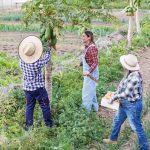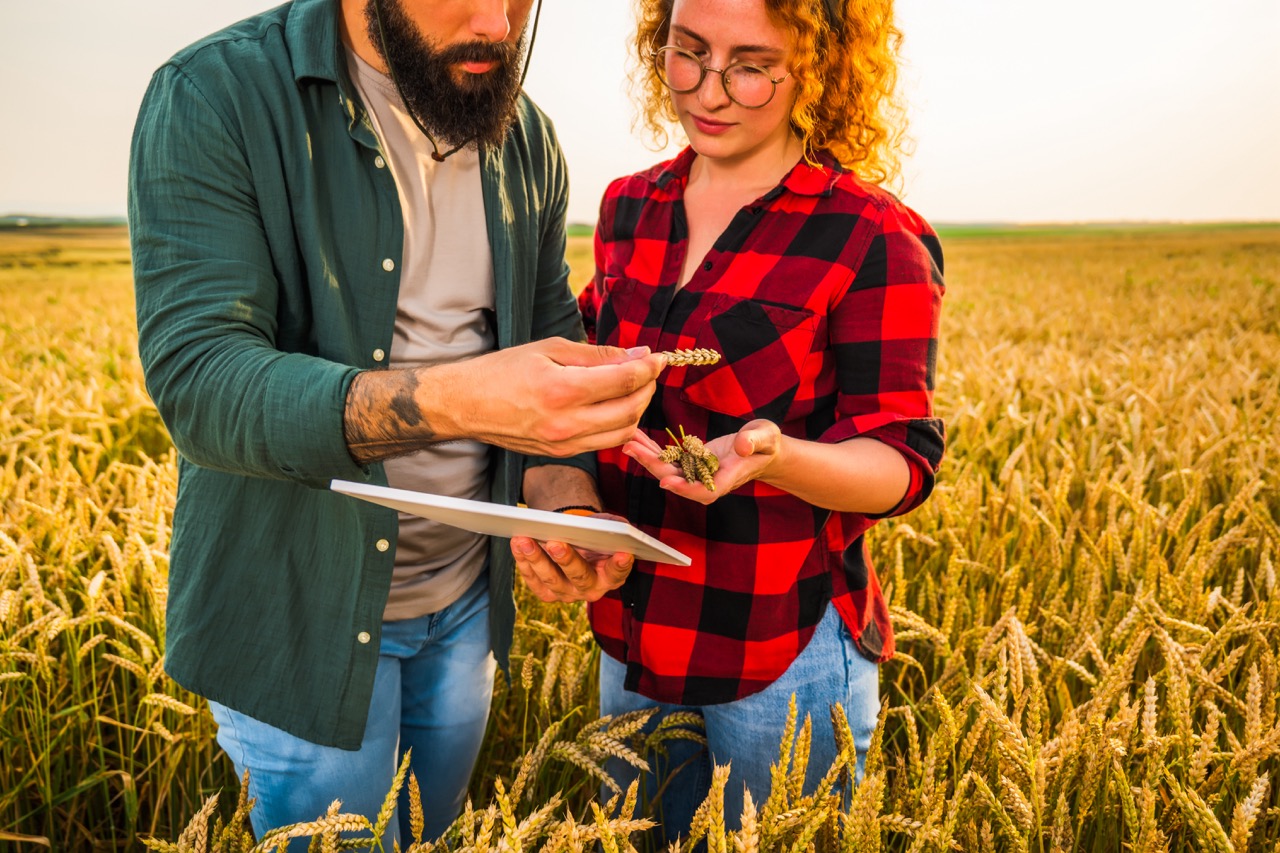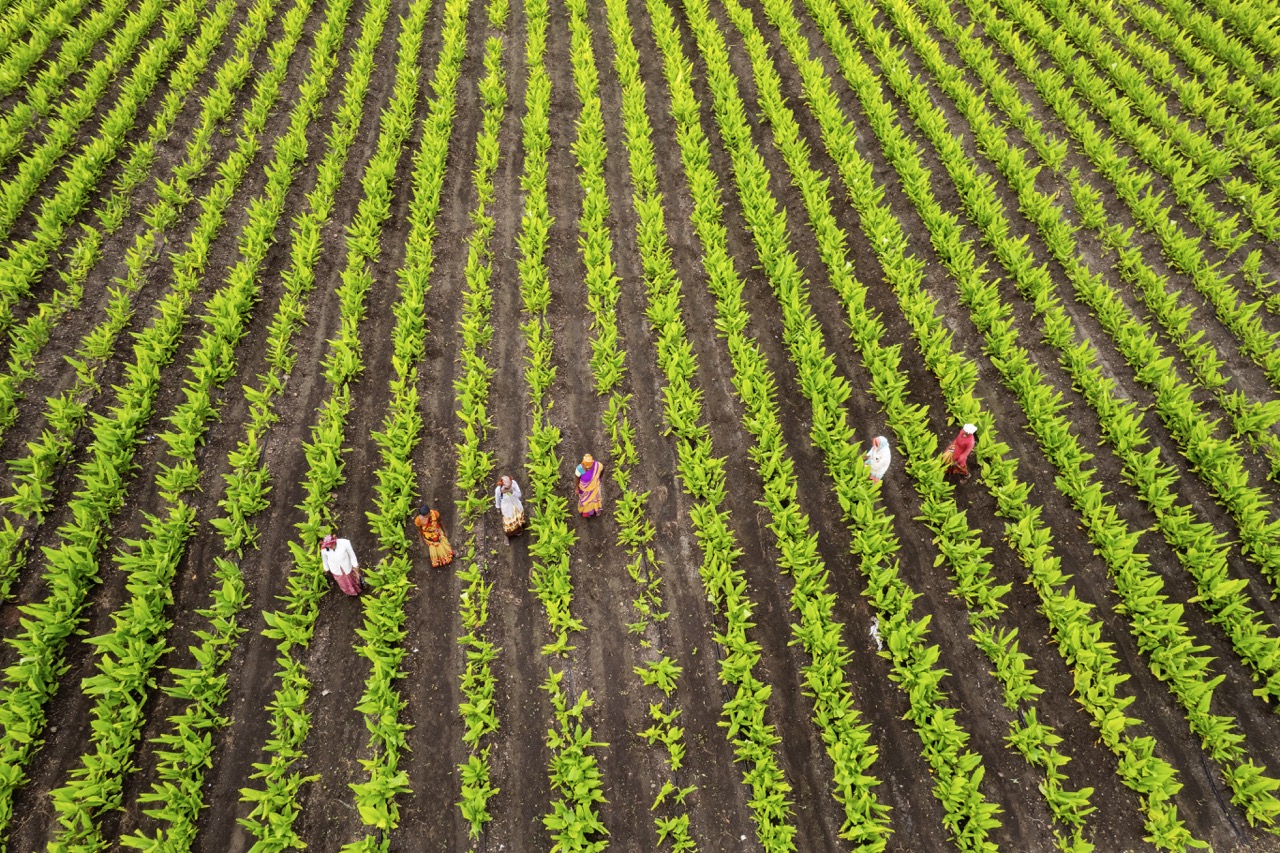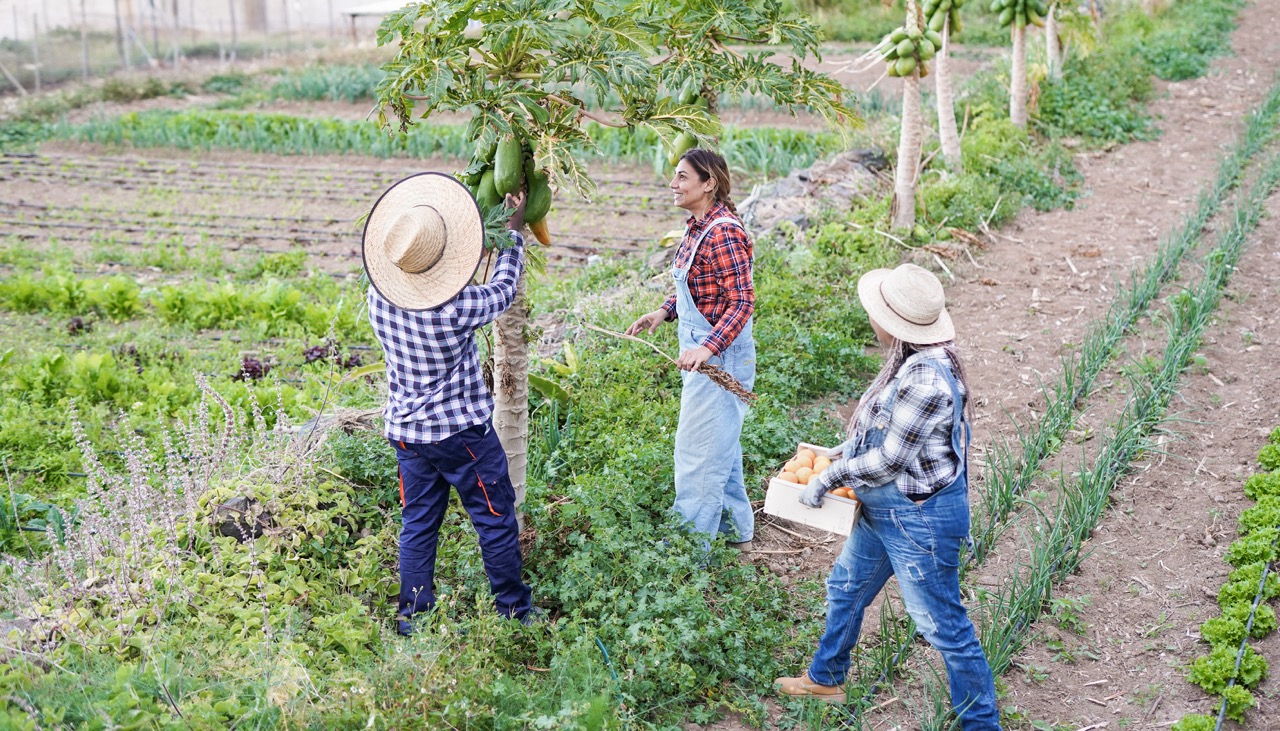As the global population continues to rise and climate change impacts become increasingly apparent, the agricultural sector finds itself at a crossroads. Traditional farming practices often prioritize short-term yields over long-term sustainability, leading to soil degradation, water scarcity, and loss of biodiversity. In response to these challenges, agroecology emerges as a viable alternative, offering a holistic approach that integrates ecological theory with agricultural practices. This article explores why agroecology is poised to be the future of sustainable agriculture, examining its principles, environmental benefits, economic viability, and the necessary policy changes to support its expansion.
Understanding Agroecology: Principles and Practices Explained
Agroecology is not just a farming technique; it is an interdisciplinary approach that combines agronomy, ecology, and social sciences to create sustainable food systems. The principles of agroecology emphasize the importance of biodiversity, the health of agroecosystems, and the socio-economic context of farming. Key practices include crop rotation, intercropping, agroforestry, and the application of organic matter to enhance soil fertility. These methods aim to mimic natural ecosystems, fostering resilience against pests, diseases, and climate variability.
One of the defining features of agroecology is its focus on local knowledge and participatory approaches. Farmers are encouraged to play an active role in decision-making processes, integrating traditional wisdom with scientific research. This empowers communities to develop tailored solutions that meet their specific environmental and socio-economic contexts. By fostering a deep connection between farmers, their land, and local ecosystems, agroecology promotes a sense of stewardship and responsibility towards the environment.
Moreover, agroecology emphasizes the importance of food sovereignty, advocating for systems that prioritize local food production and consumption. This approach seeks to reduce dependence on external inputs, such as synthetic fertilizers and pesticides, thereby decreasing the environmental impact of agriculture. By supporting local economies and enhancing food security, agroecology presents a compelling case for rethinking how we produce and consume food in an environmentally responsible manner.
The Environmental Benefits of Agroecological Approaches
The environmental benefits of agroecological practices are manifold, contributing to the restoration and preservation of ecosystems. By diversifying crops and employing methods such as cover cropping and reduced tillage, agroecology enhances soil health and fertility. Healthy soils not only improve agricultural productivity but also increase carbon sequestration, helping to mitigate climate change. This system of regenerative agriculture reduces reliance on chemical inputs, thereby minimizing pollution of water bodies and improving overall ecosystem health.
Agroecology also plays a crucial role in conserving biodiversity. Traditional monoculture systems often lead to the loss of native species and the degradation of habitats. In contrast, agroecological practices promote habitat preservation and the cultivation of diverse plant and animal species, which are essential for maintaining ecological balance. This biodiversity is not only vital for the resilience of agroecosystems but also supports pollinators and other beneficial organisms that contribute to food production.
Furthermore, agroecology enhances water management through practices that improve soil structure and increase water retention. Techniques such as contour farming and agroforestry create microclimates and reduce erosion, mitigating the impacts of extreme weather events. By optimizing water use and protecting watersheds, agroecological systems contribute to the sustainability of vital water resources, ensuring that agriculture can adapt to changing climatic conditions.
Economic Viability: How Agroecology Supports Farmers
Agroecology presents a viable economic model for farmers, particularly smallholder producers who are often marginalized in conventional agricultural systems. By reducing dependency on costly chemical inputs and industrial farming techniques, agroecological practices can lead to significant cost savings. Farmers can produce their own organic fertilizers and pest control solutions, fostering self-sufficiency and resilience against market fluctuations related to external inputs.
Moreover, agroecology encourages the development of local markets and value chains, which can enhance farmers’ financial stability. By focusing on local food systems, agroecological practices facilitate direct relationships between producers and consumers, often leading to better prices for farm products. Community-supported agriculture (CSA) and farmers’ markets are examples of how agroecological methods can support economic viability while also strengthening community ties.
Additionally, the growing consumer demand for sustainably produced food presents an economic opportunity for farmers engaged in agroecology. As awareness of environmental and health issues associated with conventional agriculture rises, more consumers are willing to pay a premium for organic and sustainably sourced products. By transitioning to agroecological practices, farmers can tap into this emerging market, thereby enhancing their economic prospects while contributing to a more sustainable food system.
Policy Changes Needed to Promote Agroecological Systems
To fully realize the potential of agroecology in transforming agricultural practices, significant policy changes are necessary at both national and international levels. First and foremost, governments need to support research and development initiatives that focus on agroecological methods. Funding for universities and agricultural institutions should prioritize studies that explore sustainable practices, enabling the dissemination of knowledge to farmers and stakeholders.
Additionally, existing agricultural policies often favor large-scale industrial farming, which can undermine the viability of agroecological systems. Policymakers must reform subsidy schemes to promote sustainable practices, providing incentives for farmers to adopt agroecological methods. These could include grants for transitioning to organic farming, technical assistance for implementing agroecological practices, and support for local food systems.
Lastly, education and training programs are essential for fostering a new generation of farmers equipped to adopt and promote agroecological practices. Policies must advocate for comprehensive agricultural education that encompasses ecological principles and sustainable farming techniques. By prioritizing agroecological education, we can empower farmers to become leaders in the transition towards a resilient and sustainable agricultural future.
In conclusion, agroecology stands as a beacon of hope in the quest for sustainable agriculture, offering a holistic and regenerative approach to food production. By emphasizing ecological principles, enhancing environmental health, supporting economic viability, and necessitating thoughtful policy reforms, agroecology can lead us towards a more sustainable and equitable food system. As challenges such as climate change and food insecurity loom large, embracing agroecology may not only be beneficial but essential for the future of agriculture.










